40 Years of Impact
In 1982, Rocky Mountain Institute was founded as a 501(c)3 nonprofit aiming to improve America’s energy practices. RMI’s data-led focus on efficiency, whole systems analysis, and levering business to drive change has since extended our influence globally, transforming businesses, revolutionizing energy systems, and improving national economies along the way.
In recent years, the rising demand for electricity coupled with the increasing frequency and severity of natural disasters — combined with the global race to lead on innovation — has amplified the need for and impact of RMI's mission: to help usher the world toward a clean, prosperous, and secure low-carbon future for all.
Click on the milestones below to learn more about each.
-
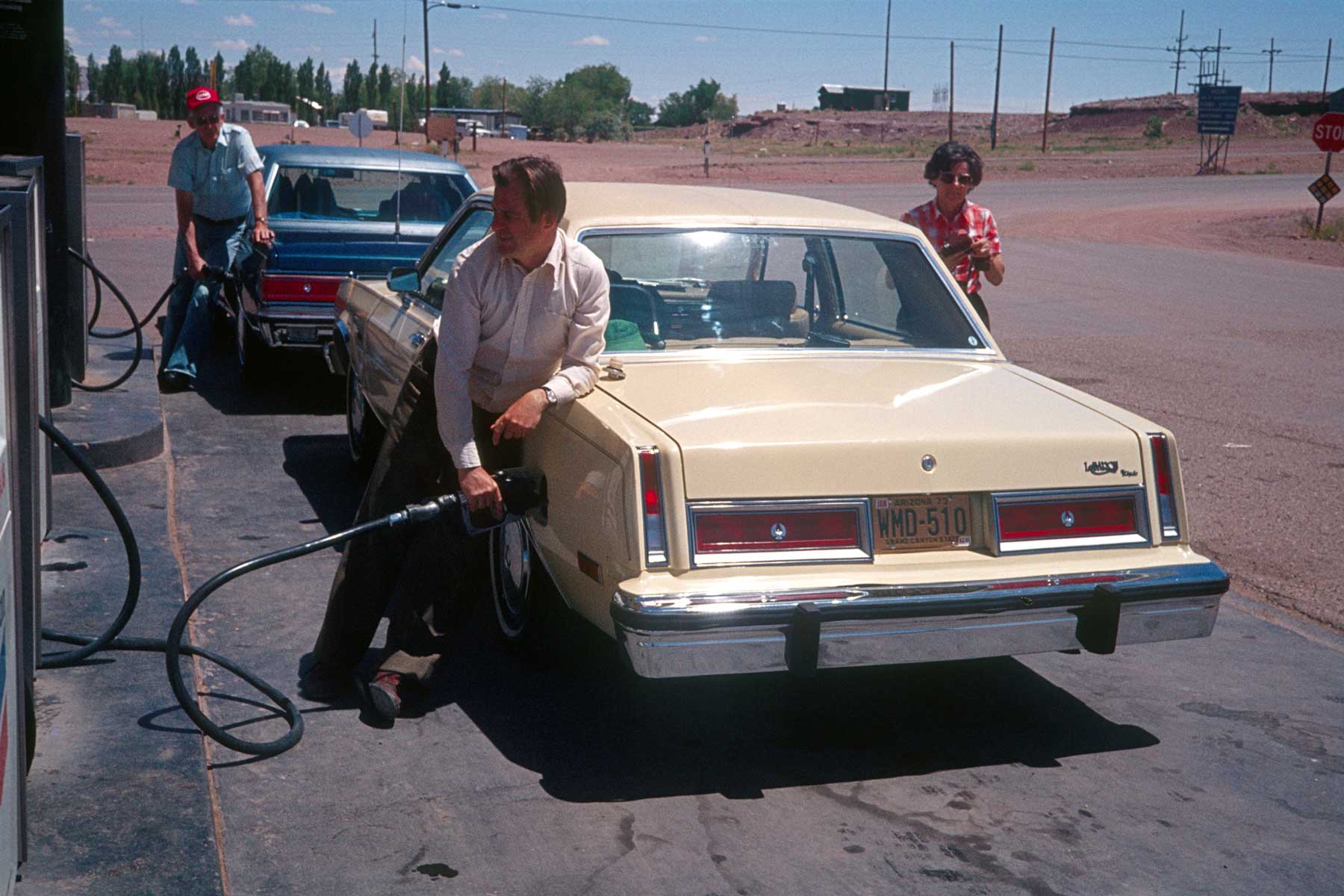
Landmark article sets out RMI approach
Amory Lovins gets interested in energy efficiency during the 1970s oil crisis. In “Energy Strategy: The Road Not Taken,” published in Foreign Affairs, Amory introduces the soft energy path, a concept that acts as a cornerstone for RMI's future work. For more on Amory's work, see Inside Amory's Brain. -

RMI blooms — and builds
Amory and Hunter Lovins migrate to Snowmass, Colorado, and cofound RMI. Our first HQ is built as a groundbreaking experiment in energy efficiency — and as the Lovins’ home. Its centerpiece, a bioactive indoor farm heated only by the sun, has supported a thriving tropical garden – with scores of banana harvests — ever since. For more on Amory's home, and work on green buildings, see Inside Amory's Brain. In 2004, we expand to nearby Boulder and into the net-zero energy Innovation Center in Basalt in 2015. Today, we also have offices in New York City; Oakland, CA; Washington, D.C.; and Beijing. -

Brittle Power reveals energy systems' hidden risks
In Brittle Power: Energy Strategy for National Security, the Lovinses argue that domestic energy infrastructure is vulnerable to disruption, by accident or malice, often more than imported oil. A resilient energy system is feasible, costs less, works better, and is favored in the market. Inspired by global petro-politics of the 1970s, Brittle Power’s lessons returned to relevance as Europe reckoned with a new energy crisis sparked by Russia’s invasion of Ukraine in early 2022. For more on Amory's publications, see Inside Amory's Brain. -
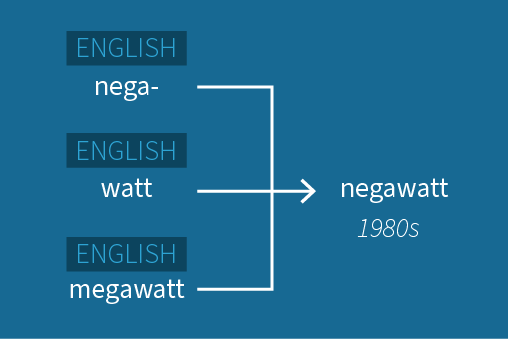
"Negawatt" redefines energy savings
Better language can help reframe how we think about problems. To identify and measure the value of reducing energy consumption or avoiding the need for new energy capacity in the future, Amory coins the term negawatt. The word was added to the Oxford English Dictionary in 2003. -

Hypercar sets the standard for the future of autos
A century or so after the debut of the fossil-fueled car, Amory develops the concept of the hypercar — ultralight, hybrid-electric, and superefficient — laying the groundwork for key innovations that today are helping a new generation of electric vehicles outperform regular cars and trucks. -
LEED: Greening the building industry
RMI helped set up the US Green Building Council and its LEED (Leadership in Energy and Environmental Design) rating system, setting a standard for building performance that inspire an ongoing transformation of the built environment. -

Amory co-authors Natural Capitalism
Natural Capitalism: The Next Industrial Revolution remains an influential business resource, and long-time best seller, on how to do business as if nature and people were properly valued. For more on Amory's publications, see Inside Amory's Brain. -

Transforming corporate energy efficiency
From theory to impact: In the 2000s, Amory’s system-of-systems method helped Texas Instruments build a superefficient microchip plant. RMI analysis helped Walmart double the fuel efficiency of its trucking fleet, racking up billions in avoided fuel costs. -

Realizing the green building revolution
Buildings account for nearly 40 percent of global emissions. RMI co-led a deep energy retrofit of the Empire State Building, saving two-fifths of its energy with a three-year payback. The work has since sparked hundreds of successful integrative renovations, including Denver’s historic Byron Rogers Federal Complex, where we cut energy use by 70 percent. Our Portfolio Energy Optimization approach delivers similar gains to commercial buildings that have been left behind by the traditional retrofit methods. -
Extending efficiency into road freight and sea shipping
Practically everything we buy is delivered via road or sea. Freight accounts for around 8 percent of global emissions. RMI spun off the North American Council for Freight Efficiency (NACFE) to help the trucking industry cut this impact and has proven out tweaks that can boost mileage by more than two thirds. In 2010, with RightShip, we co-developed a rating tool to help shippers pick the most carbon-efficient ships and routes, now used by companies shipping a fifth of the world’s goods. -
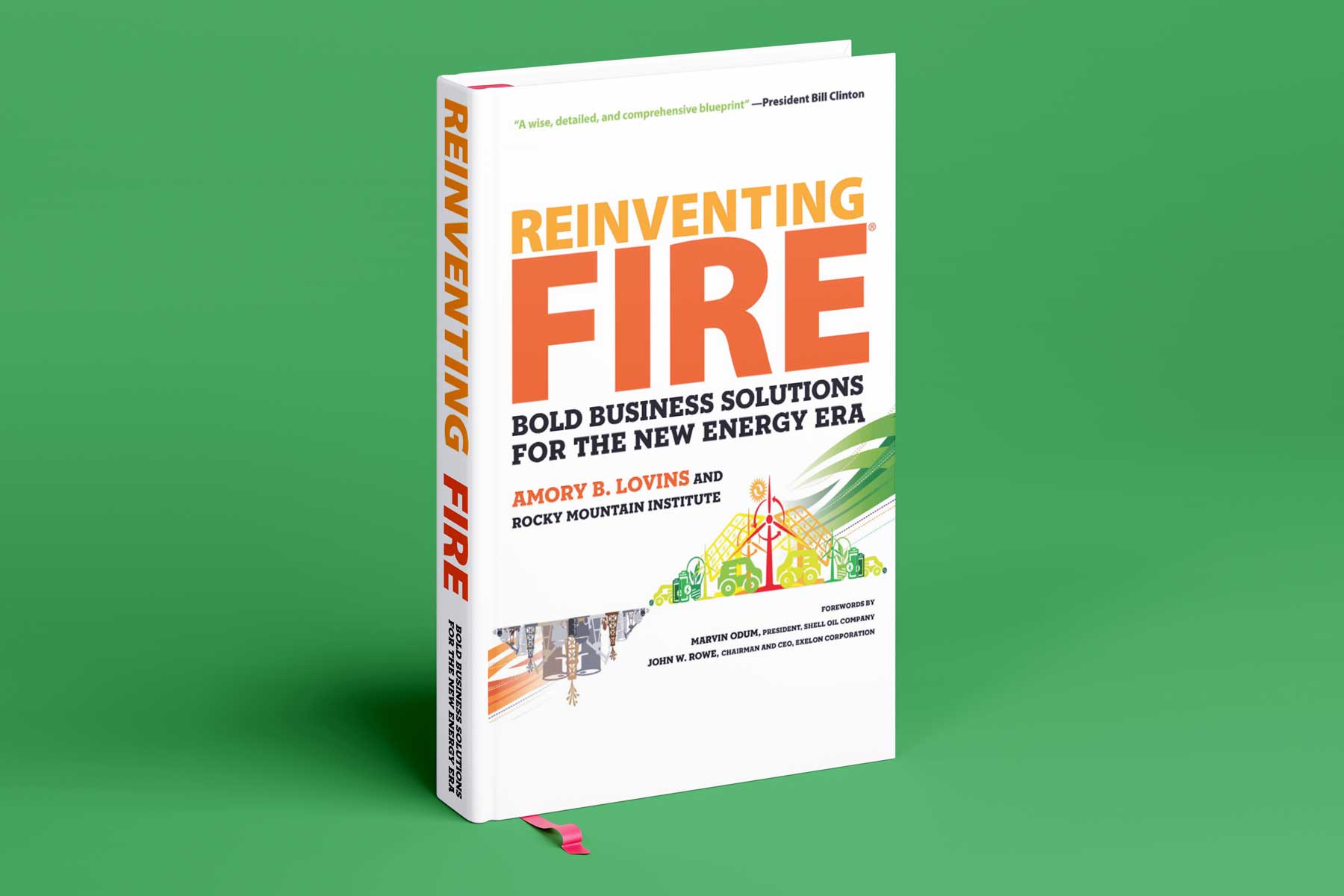
Reinventing Fire in the US and China
In 2011, RMI published a blueprint detailing a profitable path to phase out US coal, oil, and nuclear energy by 2050,Reinventing Fire: Bold Business Solutions for the New Energy Era. RMI extended the project to China, the world’s second largest and fastest growing major economy. Insights from the report, published in 2016, were embedded in China’s 13th Five Year Plan, an economy-wide plan that directs investment and economic priorities. -

e⁻Lab aims for power sector solutions
Decarbonizing transportation and buildings, two of our biggest emissions sources, can’t be done without transforming the electric sector. But the electric industry is highly regulated and technically complex. To change the industry’s trajectory RMI launched e-Lab to convene utilities, generators, and other key players. Since 2014, Accelerator, e⁻Lab's bootcamp, has been supporting groundbreaking projects across the US that are critical to realizing the clean energy transition. -
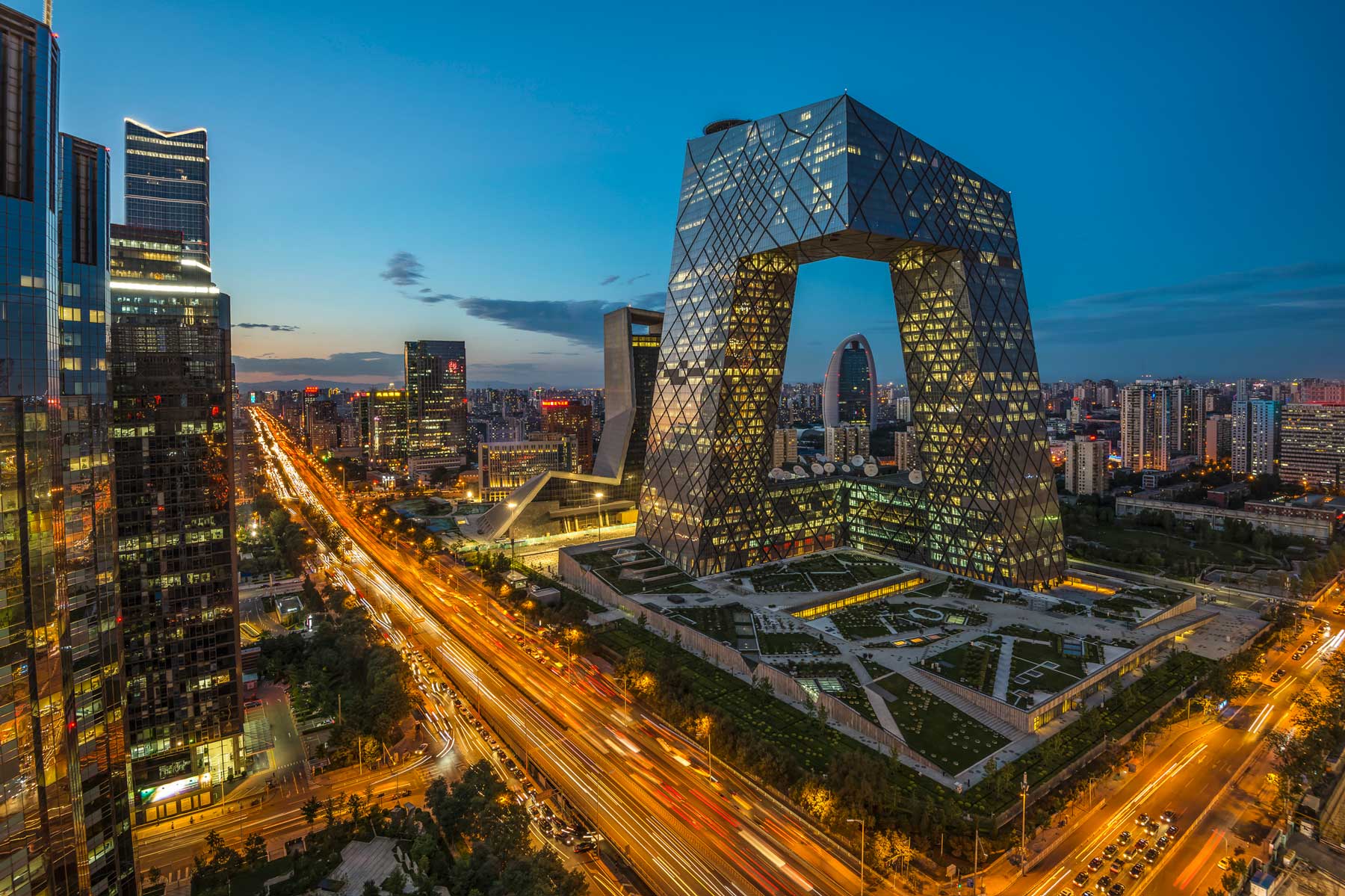
RMI sets up in China
The world can’t achieve a secure energy future without China, which is both the world’s leading CO2 emitter and a leader in manufacturing and scaling renewables.
RMI is partnering with the government of China to help it profitably exceed national energy and emissions targets, dramatically cut its dependence on fossil fuels, and set a pathway for the developing world to follow. We are:- Supporting leading Chinese cities to peak carbon emissions early, in line with national 2030 targets.
- Driving practical, scalable pilots with government and business to accelerate the transformation of the industrial, buildings, and transportation sectors.
- Supporting power sector reform to enable corporations to procure renewable energy and better integrate renewables on the grid.
-
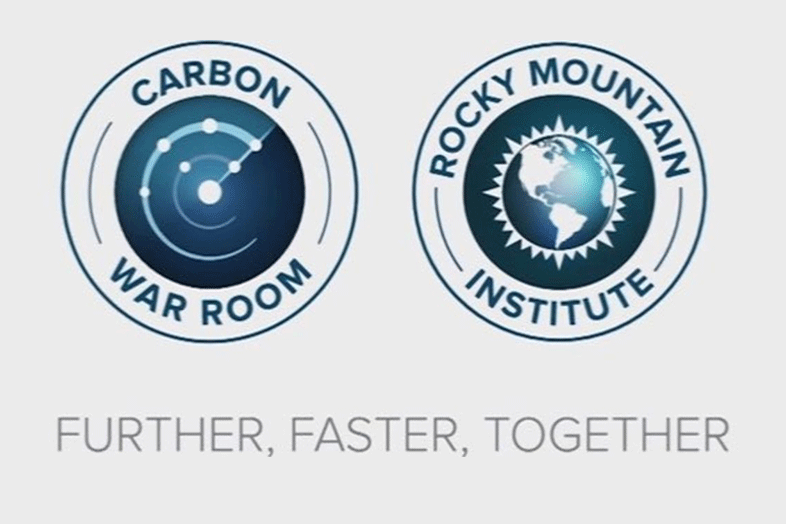
Joining forces with Carbon War Room
Carbon War Room, the UK-based climate action group founded by Sir Richard Branson, merged with RMI to create a powerful new alliance dedicated to market-based acceleration of a low-carbon energy future. The merger expands RMI’s portfolio, adding new expertise in islands, aviation, shipping, and trucking. -
Solar analysis moves financial markets
RMI’s Economics of Grid Defection report broke the story on the rising threat of customers unplugging from utility grid services once the combination of solar-plus-storage becomes cheap enough. The analysis served as a wake-up call for the electricity sector and its bankers. Financial heavyweight Barclay’s cited the report when it downgraded the credit of US utilities. -
The Business Renewables Center lifts off
From Amazon to Google, big companies are among the economy’s largest buyers of renewable energy. The Business Renewables Center began a crossroads to trade best practices and has since spun off as the Clean Energy Buyers Association, a group of some 300 large-scale buyers of energy, including commercial, industrial, and nonprofit entities. -

Opening the doors to our Innovation Center
“There are few leverage points as big as our buildings,” says Amory. “Most of the energy they use is wasted.” Our Basalt, Colorado Innovation Center debuted in 2015, to prove the viability of a better way. Built as the highest-performing building in the coldest climate zone in the U.S., the center produces more clean energy than it uses annually, plus enough to power a small fleet of electric vehicles. The center has inspired hundreds of other net-zero commercial buildings and remains a pinnacle achievement in green building design and advanced technology integration. -

Uniting around the Paris Climate Accord
In December, 195 nations adopted the Paris Agreement. The landmark agreement set out to strengthen the global response to climate change by “pursuing efforts to limit the temperature increase to 1.5°C above pre-industrial levels.” -

Energy Web spins off
RMI cofounds the Energy Web, a nonprofit focused on using blockchain technology to help decarbonize the global economy. Blockchain can, for example, help secure and accelerate the flow of transaction, carbon, and financial data between generators, utilities, and end users. -
Delivering mobility solutions for India
Together with NITI Aayog, an Indian government think tank, RMI published India Leaps Ahead: Transformative Mobility Solutions for All, outlining India’s opportunity to pioneer clean passenger transport while saving $330 billion and 1 gigaton of CO2 emissions by 2030. To bring those solutions to life in India, and globally, the Urban Mobility Lab launched in 2018. -

Global Cooling Prize debuts
As global temperatures continue to rise, demand for air conditioning and related cooling is also expected to quadruple by midcentury. To meet this rising source of greenhouse gases, RMI and the Indian government debuted the Global Cooling Prize: a competition to develop climate-friendly air conditioners and other residential cooling solutions. The two winners of the prize, announced in 2021, will bring their super-efficient products to market in coming years. -
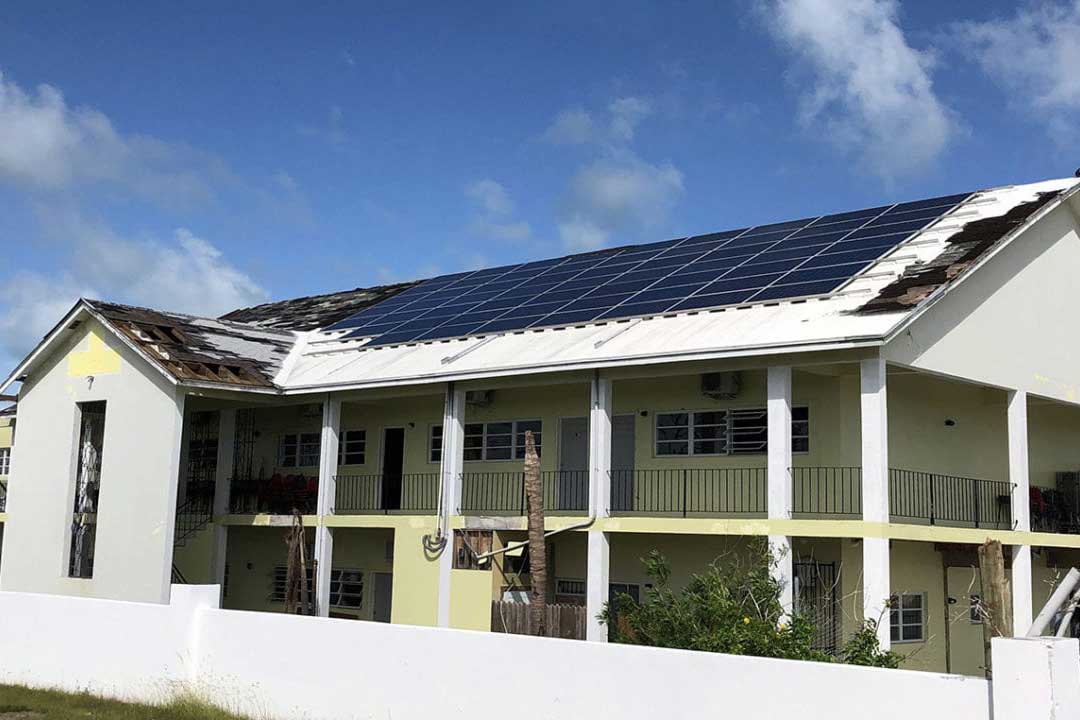
Helping solar systems survive hurricanes
The three reports in RMI’s Solar Under Storm series, written from 2018 to 2020, detail how to build hurricane-resistant solar systems. As severe storms grow in intensity and number, governments and installers throughout the Caribbean are using the recommendations to help keep the power on. -
Climate Finance Access Network launches
Nations in the Global South often face huge challenges in accessing the funding available to help them meet their climate goals and build community resilience. RMI cofounded the Climate Finance Access Network (CFAN) to train financial professionals to better navigate foundation, government, and other sources of funding for mitigation and adaption work. -

Third Derivative incubates climate-tech startups
In collaboration with established corporate partners, RMI and New Energy Nexus launched Third Derivative to nurture a new generation of climate-tech startups. Working on everything from batteries to direct air capture as well as new business models, D³ has invested $210 million, with $7 billion in assets under management, with over 60 startups in its ecosystem. -
Center for Climate Aligned Finance lifts off
The finance sector is a master gear of the global economy — its priorities ripple into all the companies it finances. To advance climate-friendly practices among the world’s tops banks, institutional investors, and their clients, RMI established the Center for Climate Aligned Finance. -
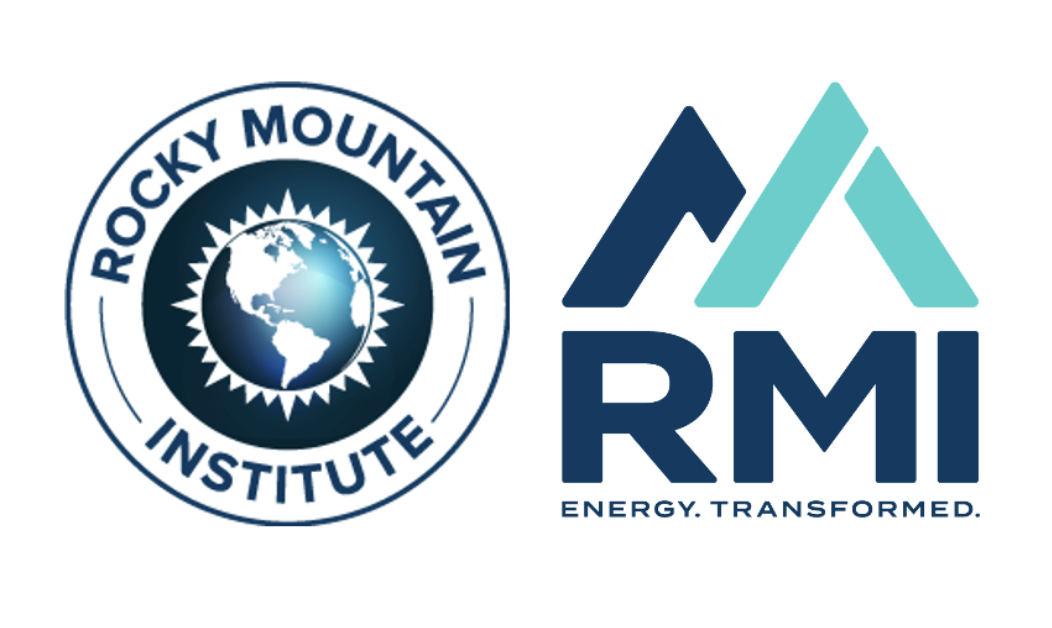
Reimagining RMI's brand
To mark an inflection point in RMI’s support of the global clean energy transition, we renewed our brand, including a new logo, an evolved name, and a sharp tagline: “Energy. Transformed.” As part of this exercise, RMI restructured our portfolio of work to align with the target of cutting global greenhouse gas emissions 50 percent by 2030 and driving the global economy toward net-zero emissions by 2050. -

A new home for energy expertise: Canary Media launches
RMI launched Canary Media, an independent nonprofit journalism outlet dedicated to covering the transition to a decarbonized economy. Tracing its roots back to Greentech Media, Canary is home to a staff of top energy reporters covering the energy transition, transportation, and industry at canarymedia.com and via podcasts: The Carbon Copy, Catalyst, and Political Climate. -

Accelerating the shift to a green hydrogen economy
Green hydrogen offers a zero-carbon solution for vital hard-to-abate industries, such as steel and petrochemicals. To accelerate adoption of green hydrogen, the UN with the support of RMI launched the Green Hydrogen Catapult. At COP26, Catapult members consisting of leading global industrials committed to develop 45 GW of hydrogen electrolyzers — the reactor that liberates hydrogen from water using renewable electricity — with secured financing over the next five years. -
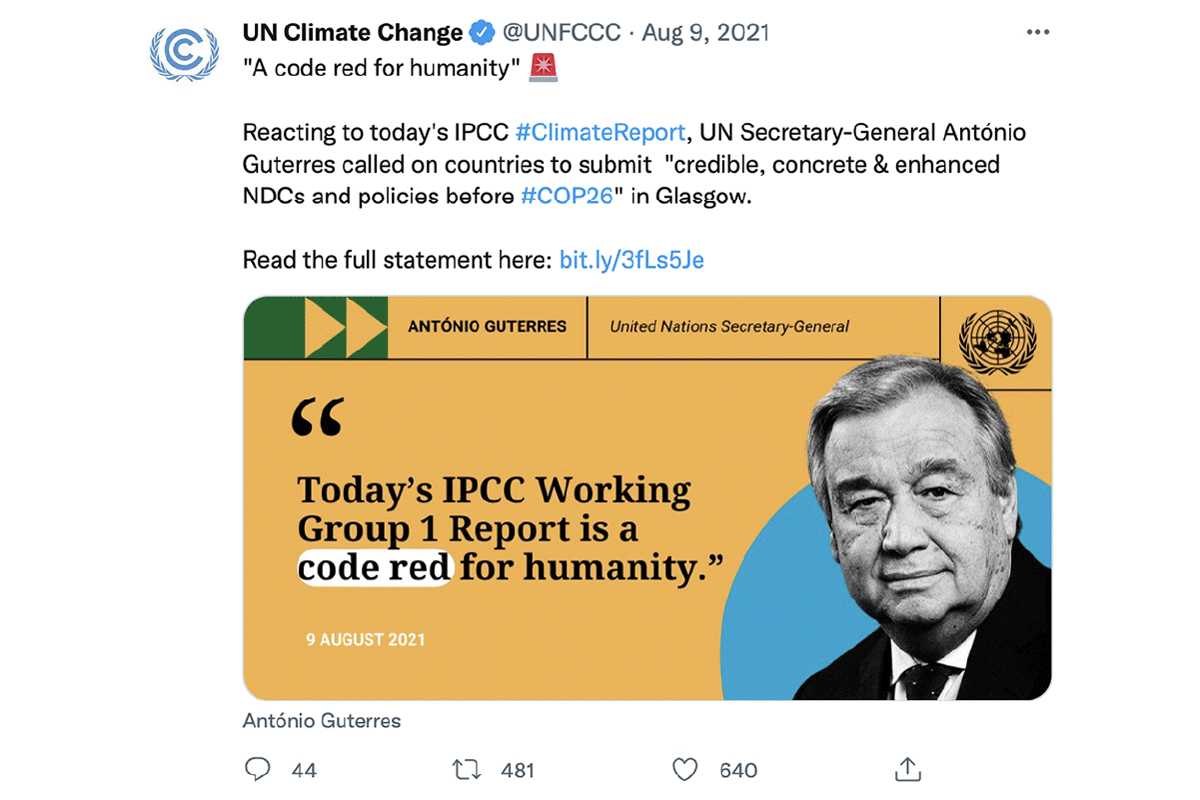
Dire UN warnings boost climate urgency
Beyond RMI, with CO2 levels now more than 50 percent over pre-industrial levels, the climate crisis intensified. “[This is] code red for humanity. The alarm bells are deafening, and the evidence is irrefutable,” said António Guterres, UN Secretary-General in the announcement of a landmark analysis confirming that climate-related damage to the planet is locked in and irreversible. -

Electrifying urban deliveries in India
Petrol has long powered the small two-, three- and four wheelers that deliver people and goods across India. Those same engines contribute to some of the world’s worst urban air quality and chronic health impacts. Shoonya is spurring a switch to electrified two-, three-, and four-wheelers, via a verification and branding system for zero-emission delivery vehicles and packages. Launched by NITI Aayog, the Government of India’s official think tank, with support from RMI, Shoonya offers a model that can scale and help electrify delivery globally. -
Extending access to EV infrastructure
For the EV revolution to succeed, charging infrastructure must be available everywhere, including low-income communities. In January, RMI unveiled a $750,000 grant from General Motors (GM) to identify electric vehicle “charging deserts” in low-income communities in North American cities. Working with government, industry, and community stakeholders, the effort will streamline permitting for EV charging infrastructure. The work will extend RMI’s Los Angeles-focused EV Charging for All equity analysis. -

Happy 40th birthday!
In 1982, a tiny team in a small Colorado town launched a big vision to change the world. Four decades later, RMI is on track to exceed 500 team members working around the globe. With our partners and donors, we celebrate 40 years of thinking, doing, and scaling — and look forward to many more. -
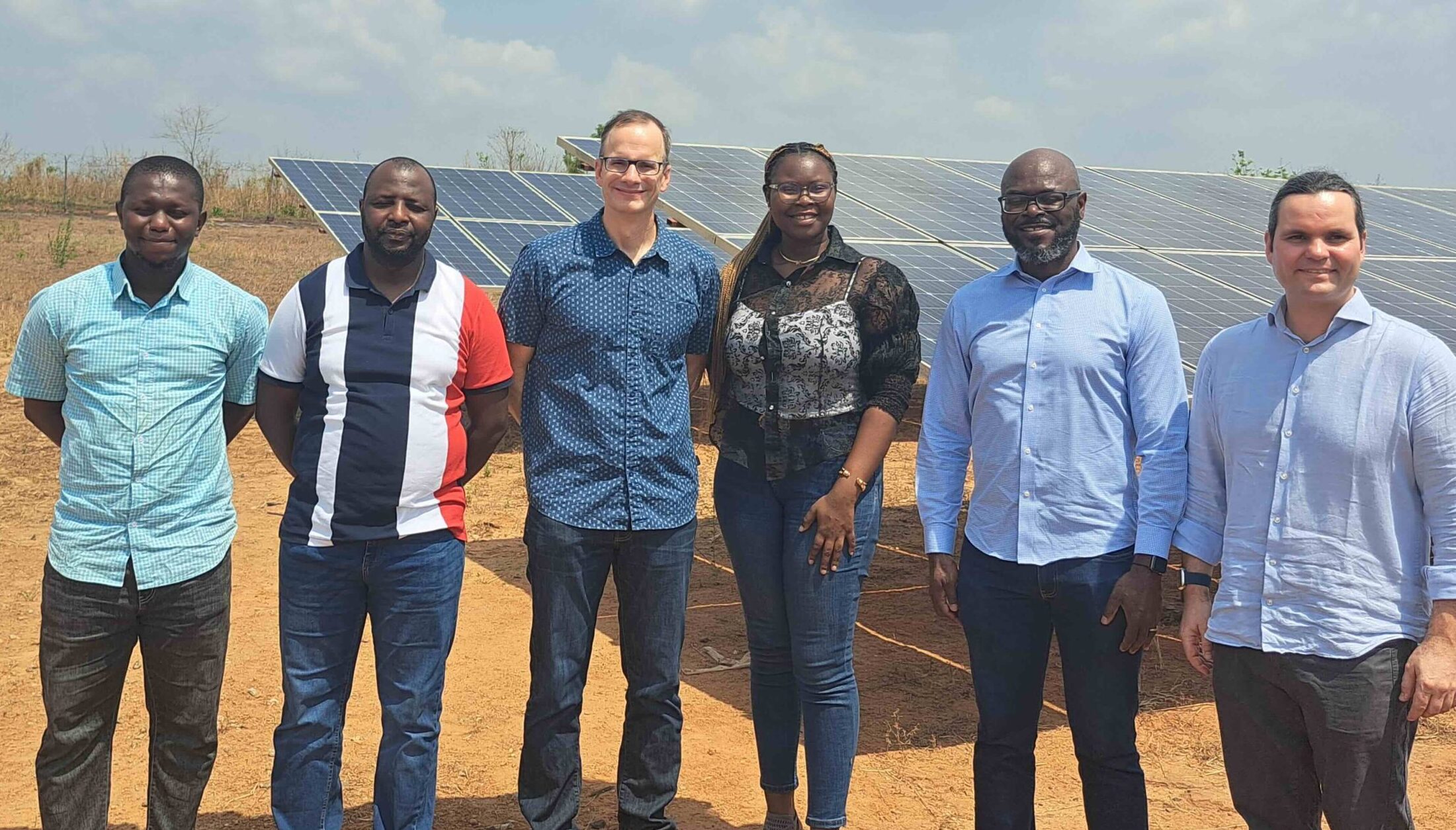
RMI registers as an official entity in Nigeria
RMI began working in Nigeria in 2017 to support clean and reliable energy, help with holistic energy planning, and enable local economic development through efficient and productive use of energy. Building on these successes, in April, 2024, RMI registered a local entity in Nigeria to scale our work in the country and across Africa. -
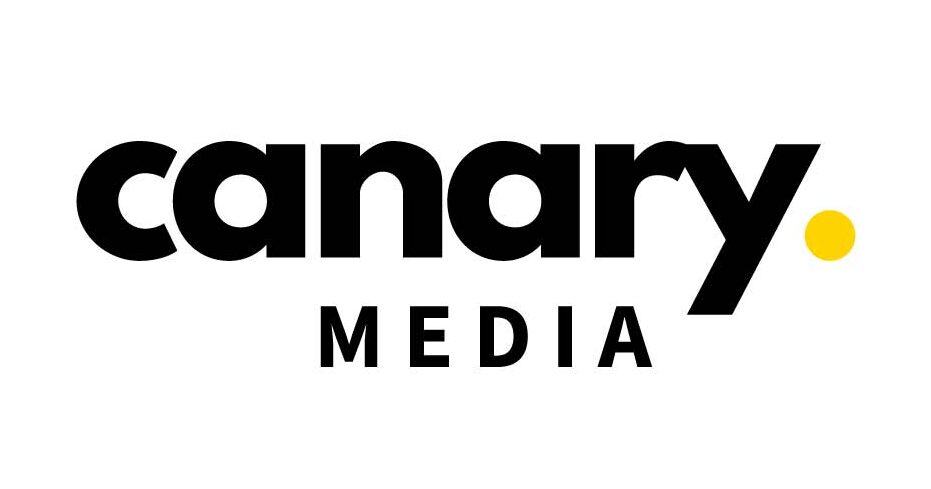
Canary Media takes flight
After three years under the wing of RMI, Canary Media spun out to become fully independent on July 1, 2024. This is a major achievement for both Canary and RMI, as Canary grew during its time with RMI to become a leading voice in clean energy journalism. The spinout adds to RMI's long track record of nurturing and launching new entities into the ecosystem of startups focused on energy, climate, and efficiency.